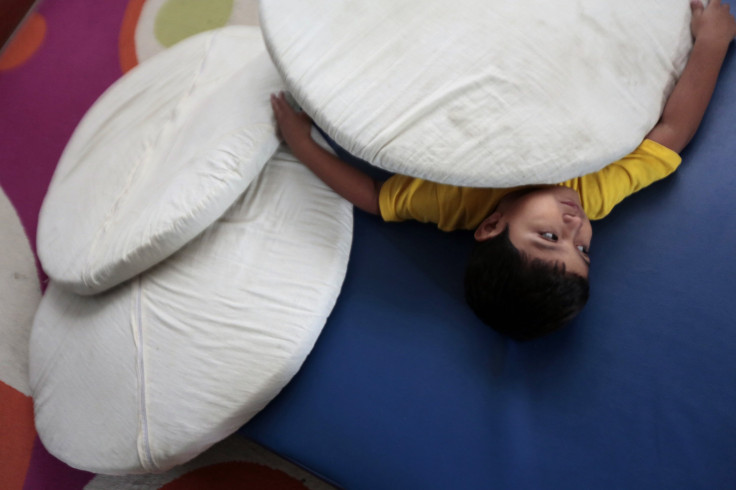Health panel rejects universal screening for autism in all kids; Michigan body OKs use of medical marijuana for children with severe autism

There is no need to require universal screening of all children for autism, a draft recommendation statement from a health panel stated. The US Preventive Services Task Force, or USPSTF, said that kids who do not demonstrate any symptom of autism should not go through screening for the disorder.
The USPSTF based its recommendation on about 40 published studies that investigated the impact of screening for autism for children before they reached 3 and do not show any signs of autism. The parents of the kids in these research have not expressed concern than their children are not meeting developmental milestones, Newsweek reports.
But the recommendation, expected to be finalised within four to six months, does not discount the value of screening because of the key role of early intervention. In September 2014, a study published in the Journal of Autism and Developmental Disorders found that babies who were 7 to 15 months with early signs of autism and went through a 12-week intervention programme caught up developmentally when they reach 2 or 3 years old.
According to Autism Speaks, an advocacy group, the average age that kids are diagnosed to be autistic is 4. Some groups, such as the American Academy of Pediatrics, disagree with the USPSTF’s recommendation because of available tools to diagnose autism even for children with no outward symptoms.
“There are kids with very subtle signs and symptoms that may be missed in a short, hurried well baby checkup,” points out Alycia Halladay, chief science officer of the Autism Science Foundation.
Her concern is partly because of the rise in autism cases that had gone up by 30 percent since 2008. This has resulted in 1 in 68 children diagnosed with autism, according to the US Centers for Disease Control and Prevention.
On Friday, the Michigan Medical Marijuana Review Panel, on a 4-2 vote, recommended the use of medical cannabis for children with severe autism. The final decision, though, depends on approval by the Department of Licensing and Regulatory Affairs whose director has until late October to release a judgment.
There is a debate if there are sufficient studies to back up the long-term use of medical marijuana on children suffering from severe autism. However, Dr Eden Wells, chief medical executive of the state, says. “These things are things we do not know until we have enough experience with these medications in a controlled trial … I don’t think we have those checks and balances,” quotes Leafly.
Contact the writer at feedback@ibtimes.com.au




















